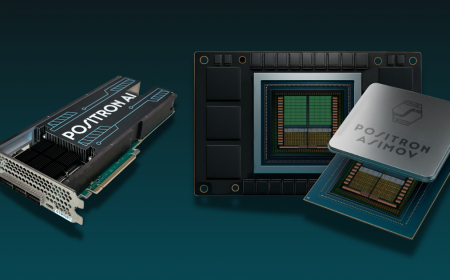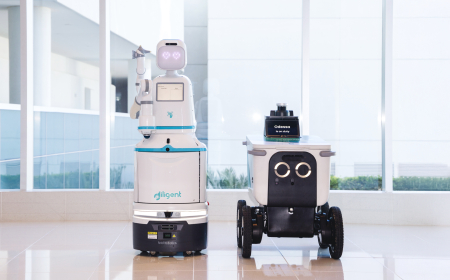What is Artificial Intelligence in Medicine?
AI in medicine is revolutionizing healthcare with faster diagnostics, personalized treatments, and smarter decision-making. Discover how artificial intelligence is shaping the future of healthcare.

Artificial Intelligence (AI) is reshaping healthcare by offering smarter, faster, and more reliable solutions for patients and medical professionals. AI in medicine refers to the use of advanced algorithms, machine learning, and data-driven technologies to support clinical decisions, enhance medical research, and improve patient care.
Understanding AI in Healthcare
Artificial intelligence in healthcare is not about replacing doctors—it’s about empowering them. By processing vast amounts of medical data, AI helps detect patterns, predict outcomes, and recommend treatments with greater accuracy. From diagnostics to treatment planning, AI medical technology acts as a decision-support tool that strengthens the capabilities of healthcare providers.
Key Applications of AI in Medicine
AI is transforming nearly every aspect of medicine. Some of the most impactful uses include:
- AI in Medical Imaging and Diagnostics: Machine learning algorithms can analyze X-rays, CT scans, and MRIs to identify diseases early and with high precision.
- AI in Drug Discovery: Artificial intelligence speeds up the identification of new drugs, cutting costs and reducing development time.
- Personalized Medicine: AI tailors treatment based on a patient’s genetics, medical history, and lifestyle, ensuring more effective care.
- Virtual Health Assistants: Chatbots and AI-powered apps provide instant medical guidance, reminders, and patient support outside clinics.
- Predictive Analytics in Healthcare: AI forecasts patient admissions, tracks disease outbreaks, and predicts treatment responses to optimize hospital efficiency.
Benefits of AI in Medicine
The adoption of artificial intelligence in healthcare offers major advantages:
- Faster and more accurate disease detection
- Cost-efficient treatment and resource management
- Reduced administrative workload for doctors
- Improved patient engagement and outcomes
- Greater access to healthcare services through digital AI tools
Challenges and Ethical Considerations
Despite its promise, AI in medicine faces challenges such as data privacy, algorithm bias, lack of transparency, and regulatory hurdles. Trust and accountability remain key concerns, as both doctors and patients must have confidence in AI-driven recommendations.
The Future of AI in Medicine
The future of AI in healthcare looks transformative. We can expect AI-assisted surgeries, real-time monitoring systems, robotic healthcare support, and deeper integration of AI into hospital operations. As the technology advances, AI will not replace doctors but work alongside them—helping to deliver safer, faster, and more personalized medical care.
What's Your Reaction?
 Like
0
Like
0
 Dislike
0
Dislike
0
 Love
0
Love
0
 Funny
0
Funny
0
 Angry
0
Angry
0
 Sad
0
Sad
0
 Wow
0
Wow
0



















































